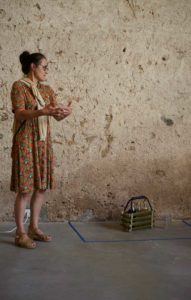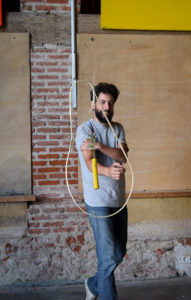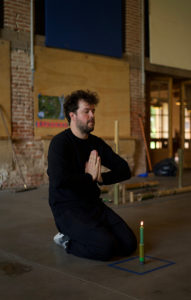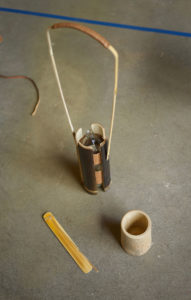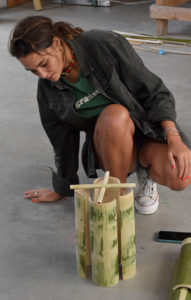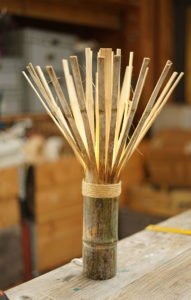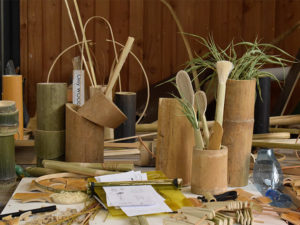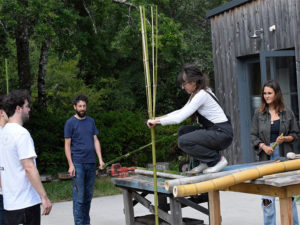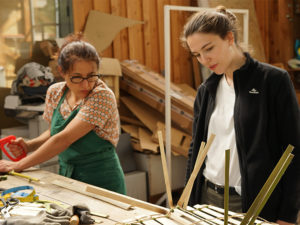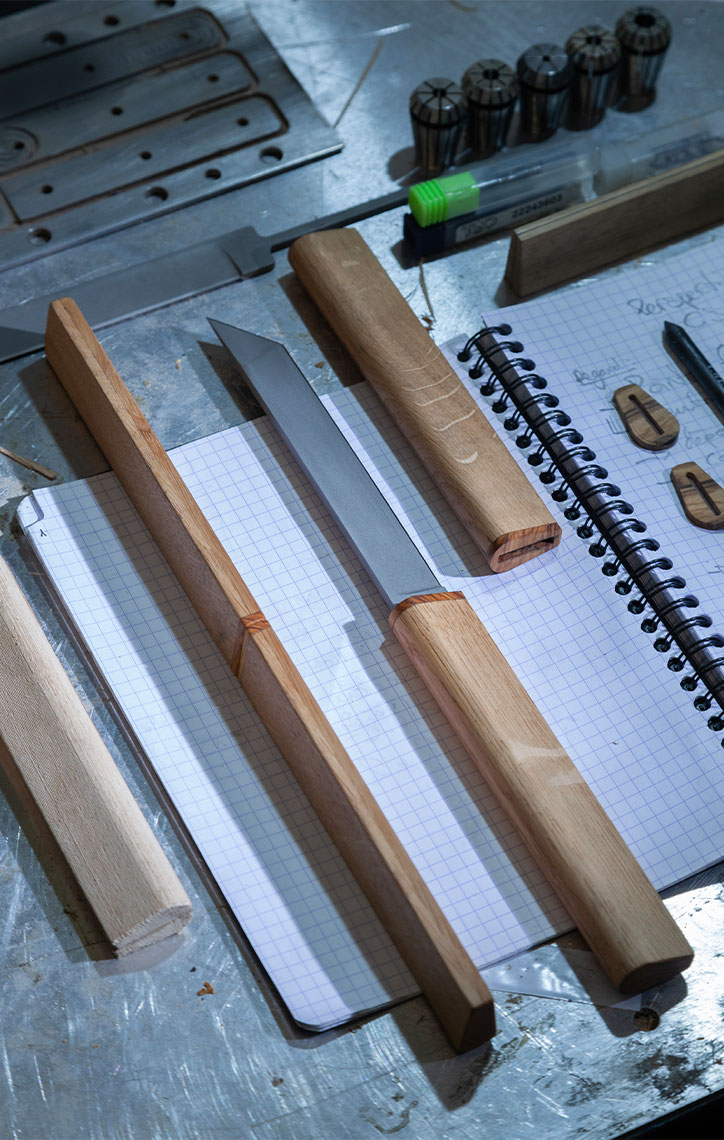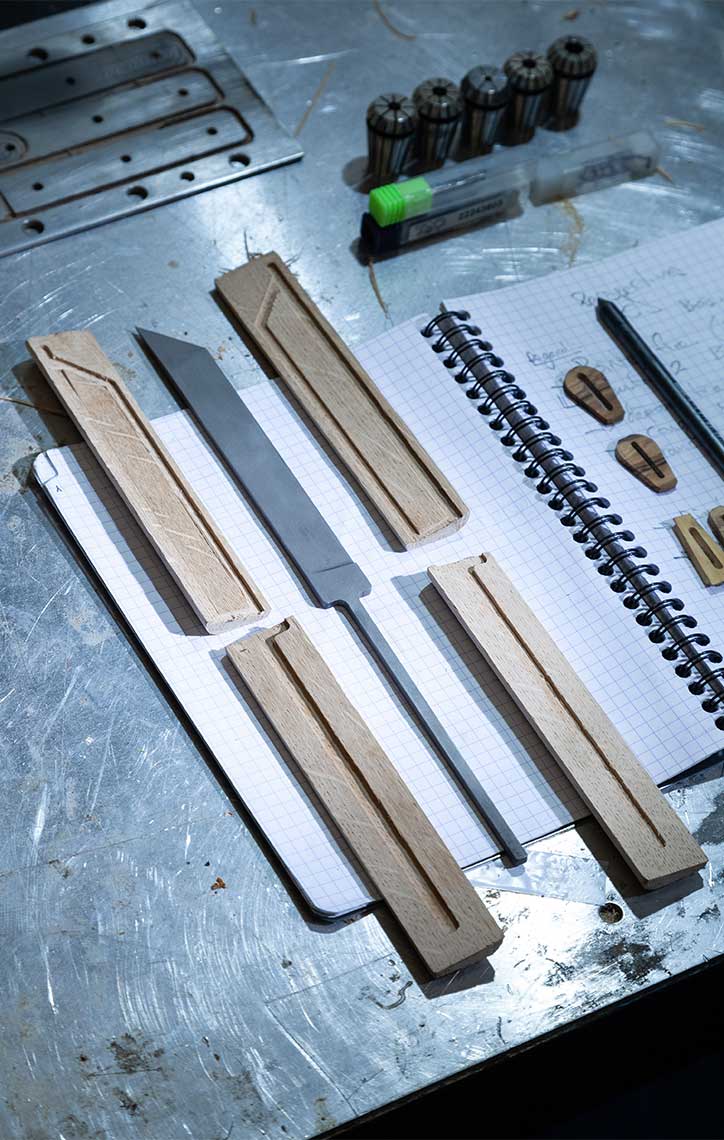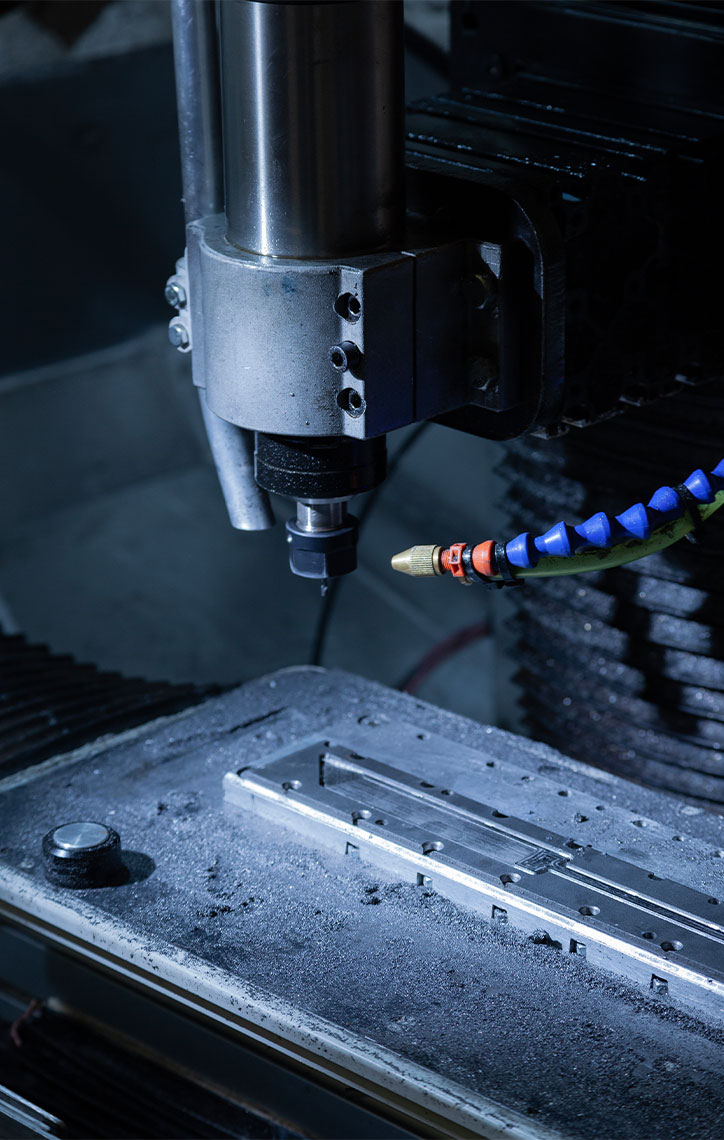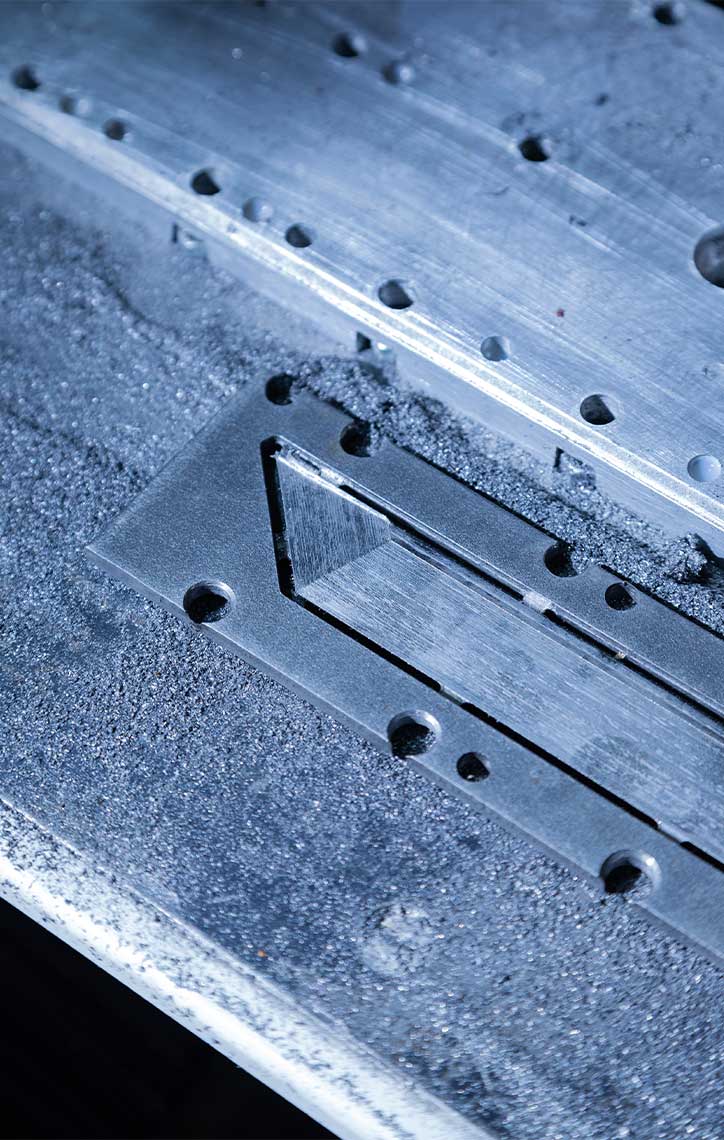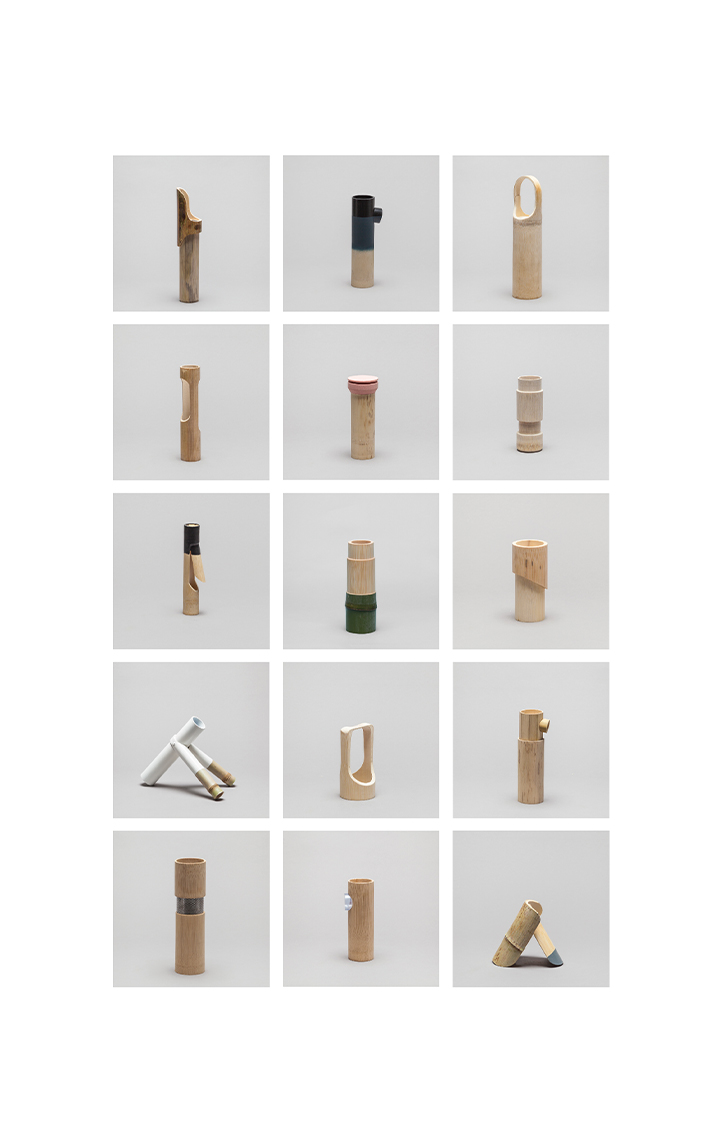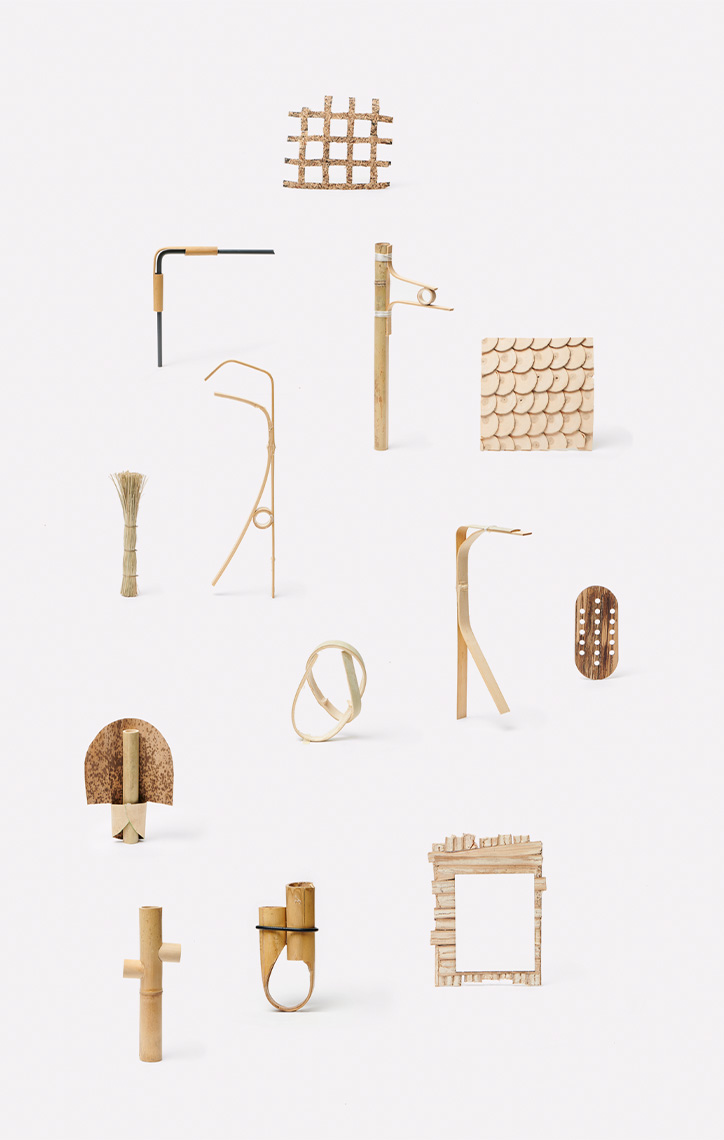Samy Rio (FR)
A Souvenir’s Manufactory
July 25th – July 31st 2021
The Workshop
Bamboo is one of these materials which allow all kinds of use and temporalities. Transformed into a simple daily object, a tool, or a cult object, it can easily be kept for 100 years or thrown away after a meal. This workshop creates a dialogue between this versatile material and your ideas of a souvenir object.
What can we produce in a one-week workshop that people can keep and that might represent your experience here, maybe even capture the philosophy of Boisbuchet? We are going to exploit bamboo in its many different conditions (tube, batten, or basketry, raw or very well finished) and explore its different possible applications (alone, assembled, or mixed with other materials) in order to develop small domestic objects such as vessels, attire, jewellery, toys, cooking devices, table ware, or other tools.
The objects you'll create might remain one-offs or ultimately find their way into a small serial production of items for Boisbuchet's visitor's shop – in any case they'll represent a souvenir of this week and this place.
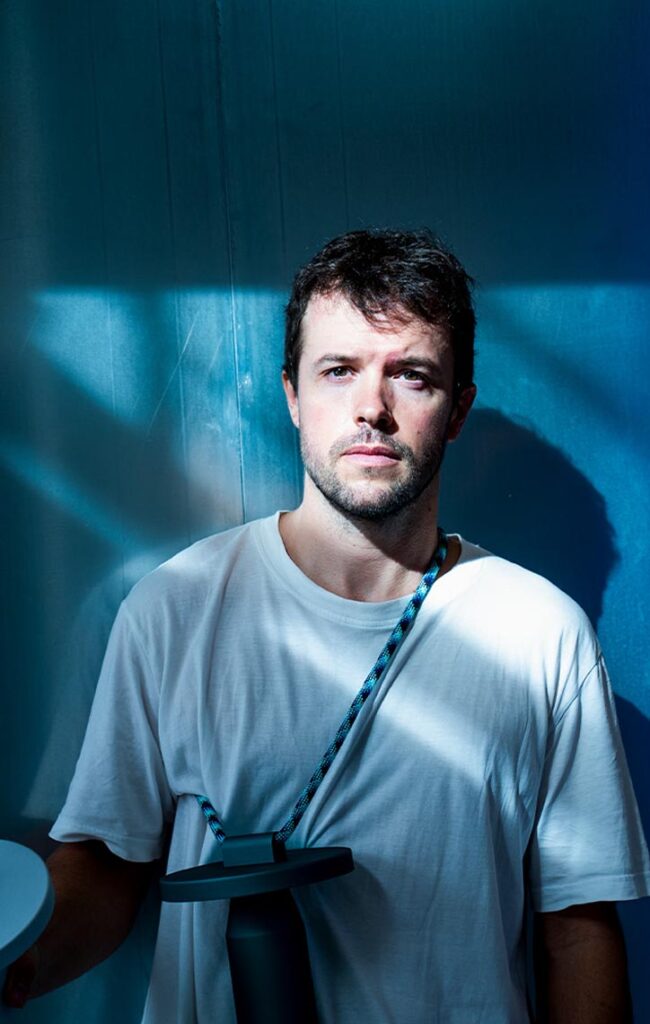
Samy Rio France
Samy Rio studied cabinet making for four years before attending the National School of Industrial Design (Ensci) in Paris, where he completed a five-year course in industrial design. This dual background allows him to combine industrial and artisan techniques, which he sees as complementary and indispensable to each other. In October 2014, he graduated with distinction from Ensci-Les Ateliers for his research into the use of bamboo tubes for industrial applications. In July 2015, he opens his studio after winning top prize at the Villa Noailles Design Parade 10.
As a result of that award, he was invited as an artist-in-residence at the International Centre for Research on Glass and Visual Arts (CIRVA) in Marseille and at the Cité de la Céramique in Sèvres. He also began a collaboration with the galerie kreo, since he also has completed a residency at the National Taiwan Craft Research and Development Institute (NTCRI), also at the Villa Kujoyama in Kyoto and started collaborating with Atelier Luma.
At each residency and new project he pursued his experimental work on different materials, allowing him to further explore the connections between time-honoured craftsmanship and modern industry, traditional methods and new tools, constantly challenging both the way we produce objects and the objects themselves.
Visit their WEBSITE


